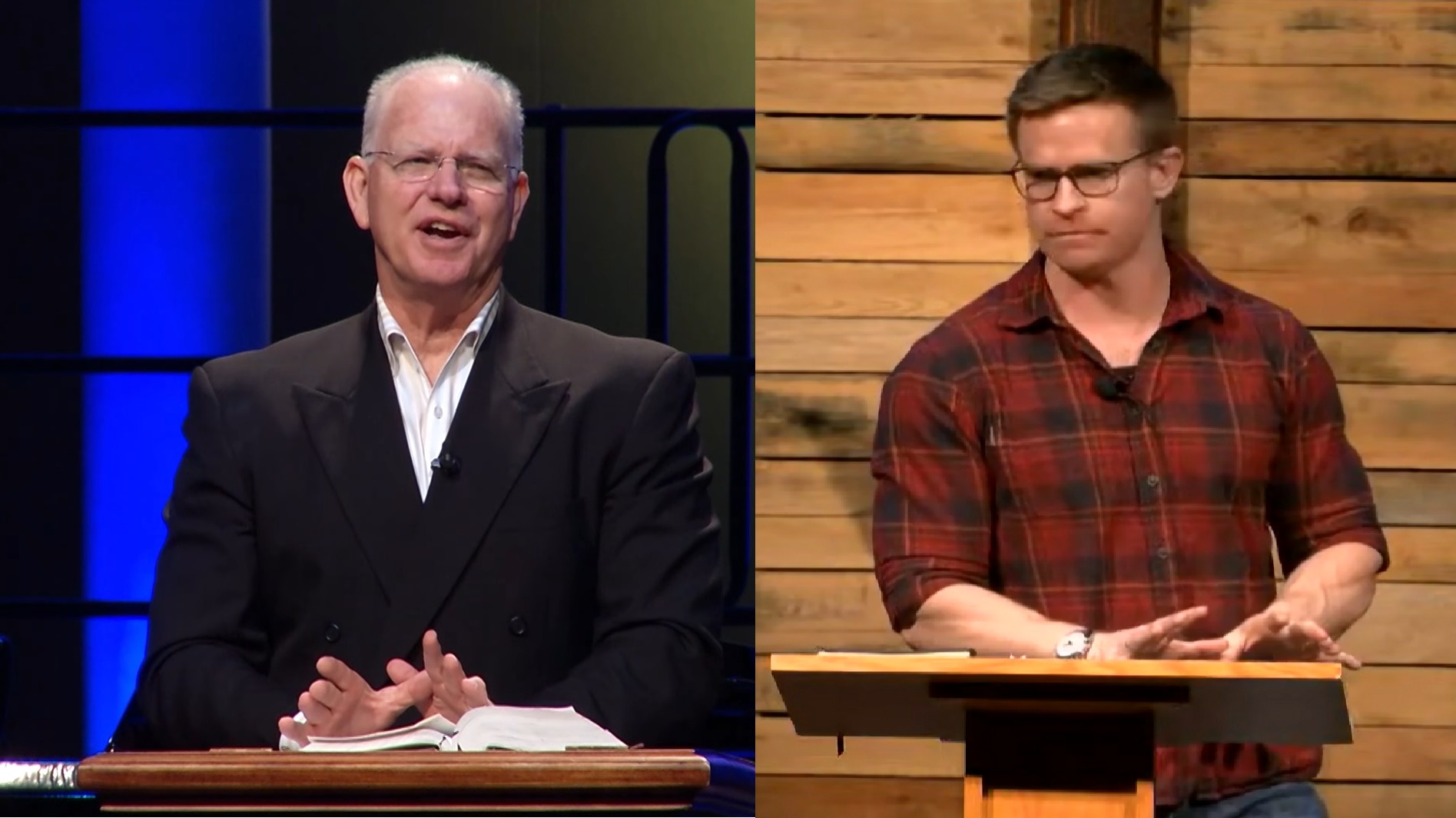Readers of this blog will know that I think Christians (namely evangelicals) can learn a lot from how Judaism (in its varied forms) looks at the nature of the Bible and its interpretation. Bottom line: Judaism tends to be more flexible in accepting the Bible’s diversity and contradictions.
The question this raises, though, is how a book that is considered to be revealed from God can contain such non-Godlike properties as contradictions and internal debates among its authors. As I never grow tired of arguing, this conundrum is the bane of Evangelicalism’s commitment to biblical inerrancy.
Enter Benjamin D. Sommer, an observant Jew and professor of Bible and Ancient Near Eastern Languages at the Jewish Theological Seminary in NYC. In his latest book Revelation and Authority: Sinai in Jewish Scripture and Tradition, Sommer explains how Torah can be both a divinely authoritative book while also exhibiting these human traits.
Sommer’s answer is summed up in the phrase “participatory theory of revelation” or “participatory theology,” by which he means: the Pentateuch not only conveys God’s will but also reflects Israel’s interpretation of and response to that will (p. 2).
Or, to put a fine point on it, according to Torah, revelation involved active contributions by both God and Israel; revelation was collaborative and participatory. (p. 1)
And that is why you have, for example, contradictions in the laws of the Pentateuch between Exodus, Leviticus, and Deuteronomy:
they are all interpretations of the divine revelation.
OK, Ben. You have my attention. The Bible is a paradoxical (and messy and complex and un-untanglable) convergence of divine and human involvement. In Christian terms, I call this an “incarnational” understanding of the nature of the Bible. The Bible isn’t dropped out of heaven. Its “full humanity” is a non-negotiable and necessary property of Scripture, and should be accepted as such with all its implications.
I read Sommer as a true kindred spirit, a notion underscored by the fact that, as he recently pointed out to me, we both went to the same high school (though we didn’t overlap). Small world. But while he was studying Hebrew in high school I was watching Gilligan’s Island and trying to make the baseball team.
Anyway, here are some brief quotes from the introduction to get a feel for Sommer’s point.
My thesis is a simple one. Many biblical texts that describe the giving of Torah move simultaneously and without contradiction in two directions: they anchor the authority of Jewish law and lore in the revelation at Sinai, but they also destabilize that authority by teaching that we cannot be sure how, exactly, the specific rules found in the Pentateuch relate to God’s self-disclosure (p. 1).
Read that slowly: the diversity in the authoritative Torah destabilizes that authority.
This paradox of revelation in the Pentateuch, Sommer argues, lies in fact that the Pentateuch itself gives voice to both stenographic [i.e., “dictation”] and participatory theologies of revelation (p. 2). In fact, biblical authors and editors expend considerable ingenuity weaving those threads into biblical accounts of the events in Sinai (p. 6).
The writers/editors of the Bible intend for readers to struggle with the notion of revelation.
What I also deeply appreciate about Sommer’s approach is debt to historical critical scholarship for helping recover the biblical voices that were lost or obscured as a consequence of the way biblical books were edited in antiquity (p. 5). Sommers is not an advocate of giving priority to the final, canonical form of scripture but of seeing scripture itself as a complex, multi-layered tradition.
The payoff for such a view of the Bible, in addition to accounting for how the Bible actually behaves, is a wise caution concerning the nature of any theological quest:
It [the approach to scripture he has been advocating] involves a degree of doubt that renders religious practice tentative and searching rather than apodictic and self-evident. It ought to lead to that most important religious virtue, humility, rather than promoting a characteristic less rare among religious people than one would hope, self-righteousness (p. 6).
Ah, another paradox: a commitment to biblical authority should lead to humility about one’s grasp of the Bible. Christians take note.
Bottom line, this is a wonderful book that will provoke any Christian concerned with the questions, “What is the Bible, anyway, and what do I do with it?”




























![[Video] More – Aghogho » GospelHotspot](https://gospelhotspot.net/wp-content/uploads/2024/04/More-Aghogho.jpeg)
















